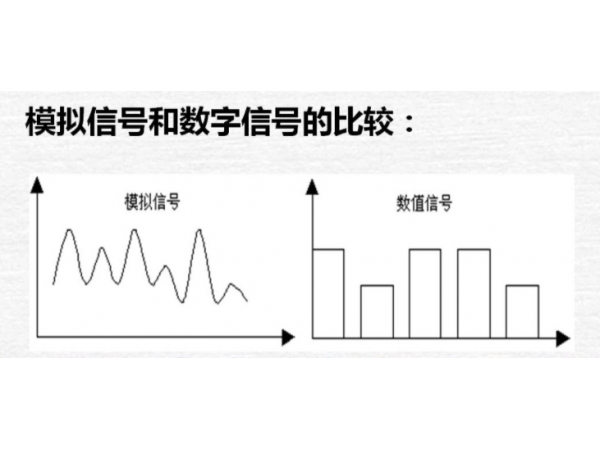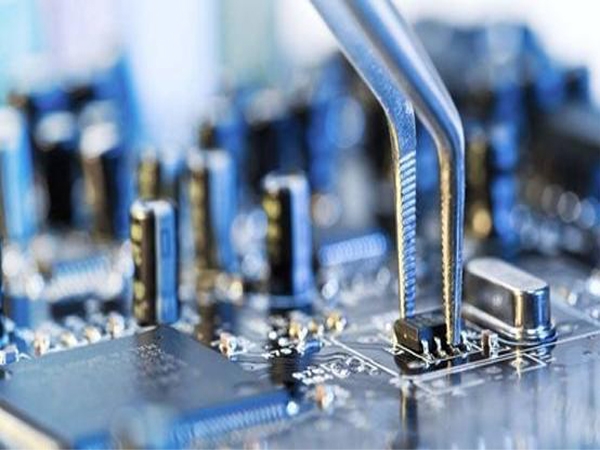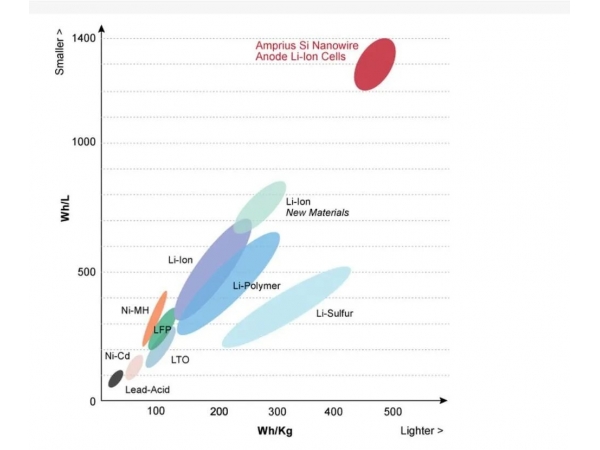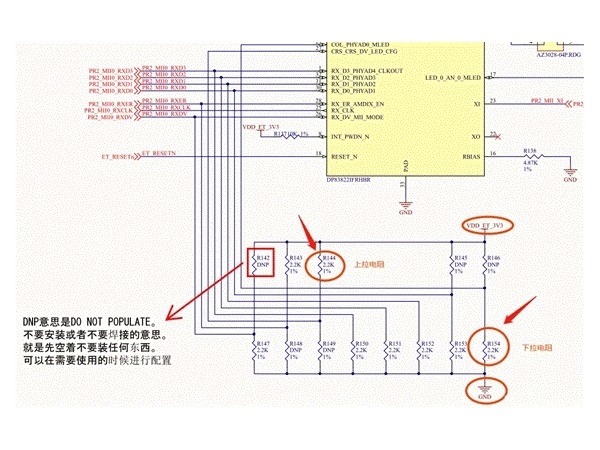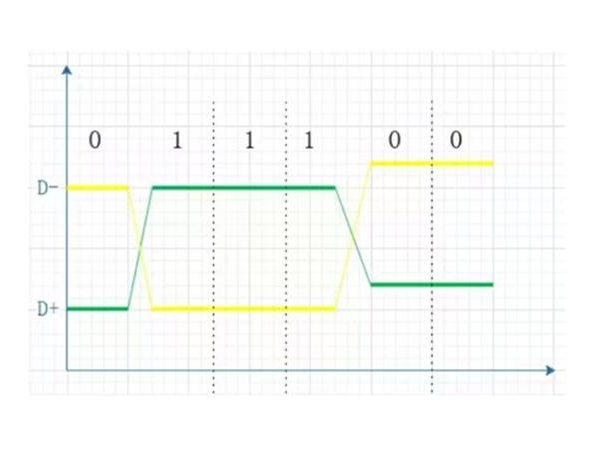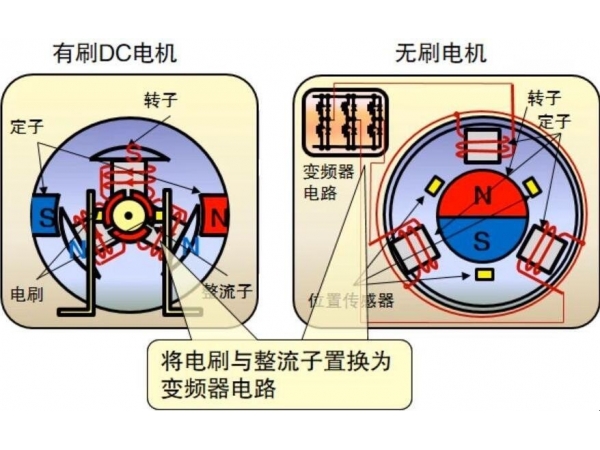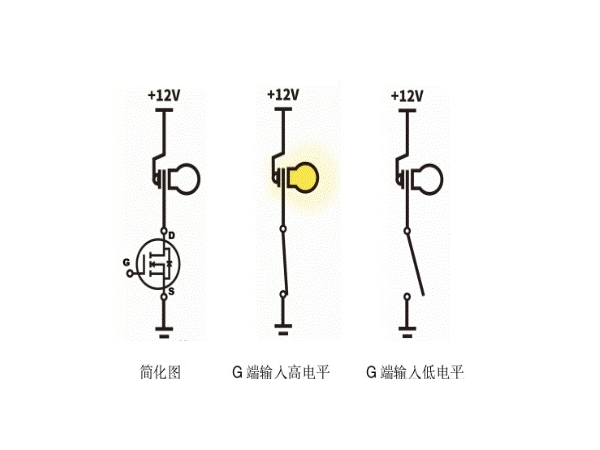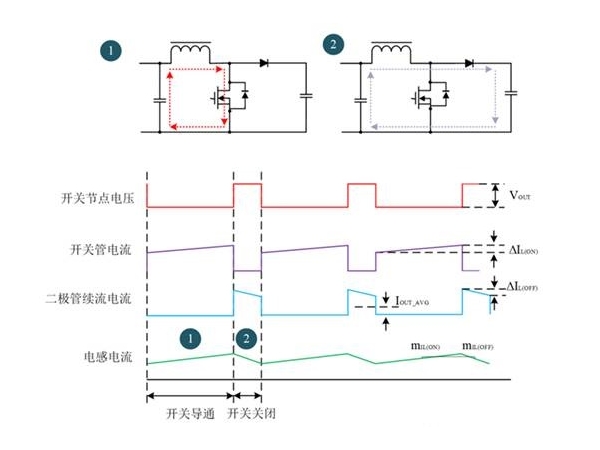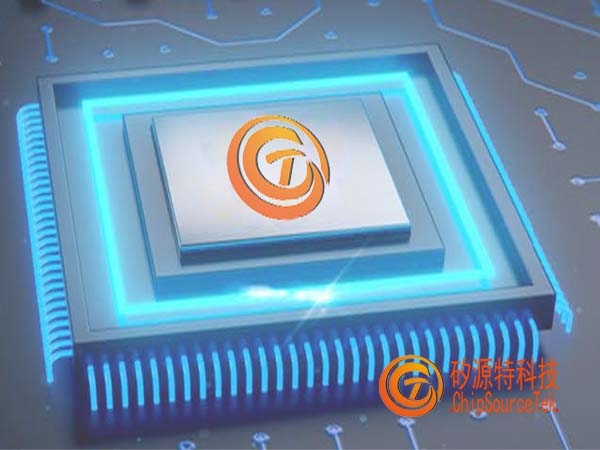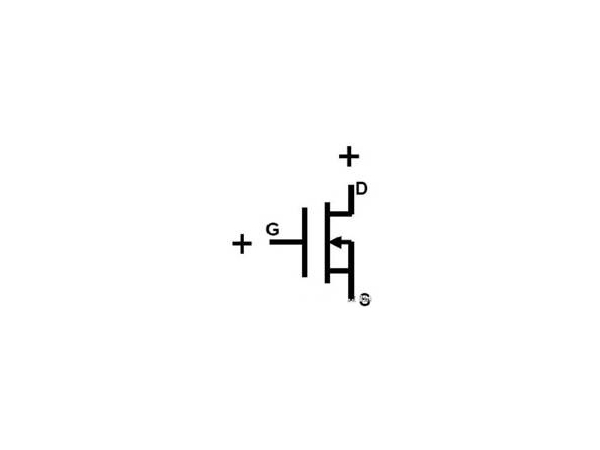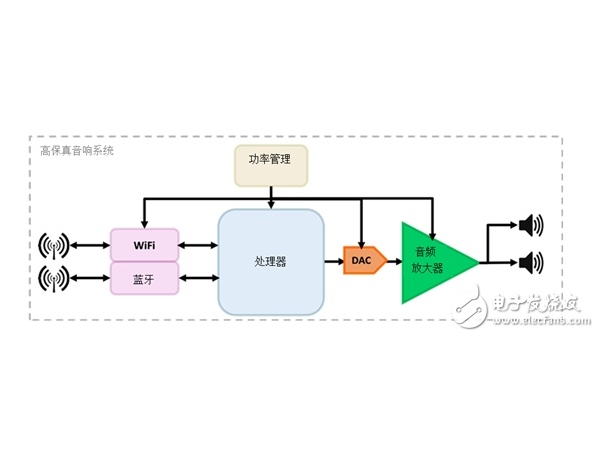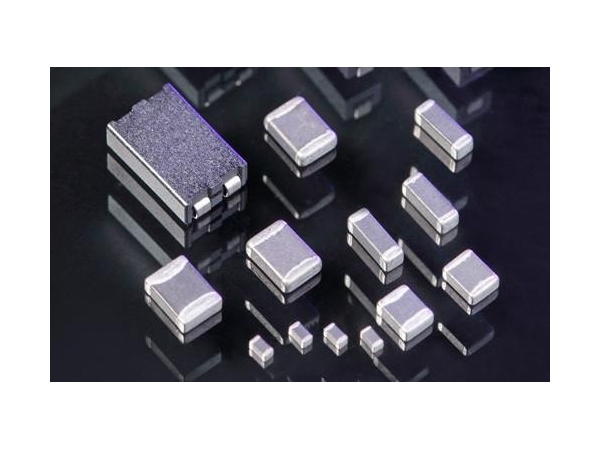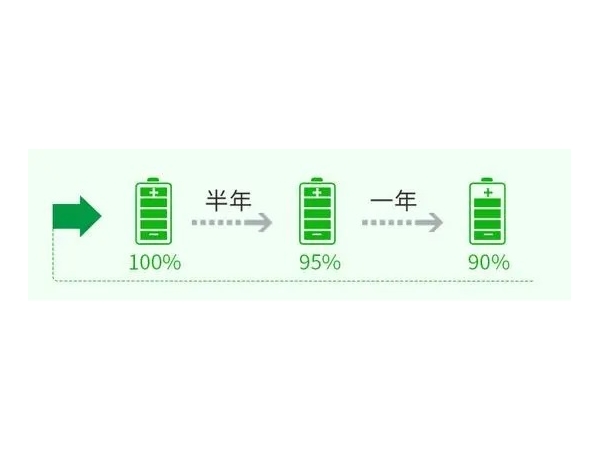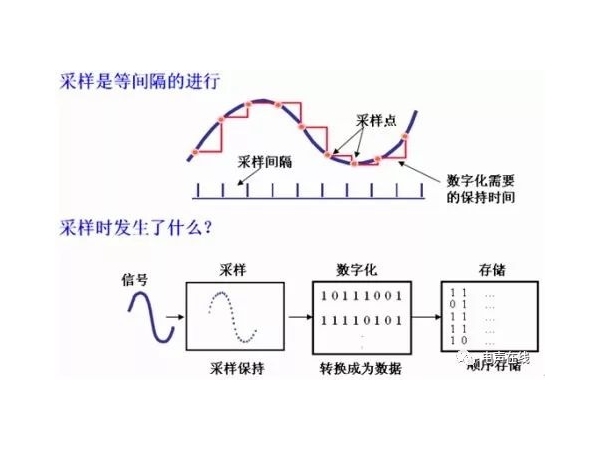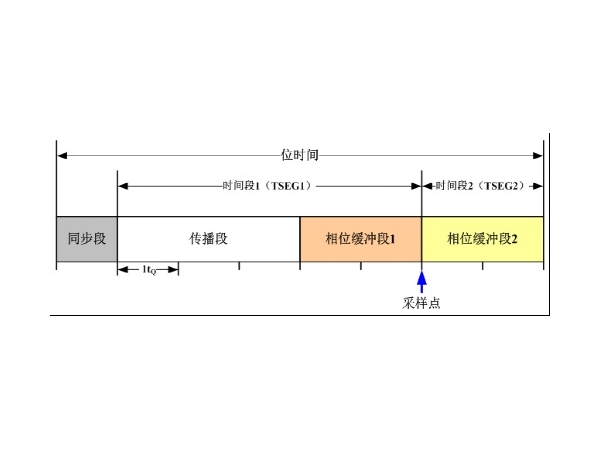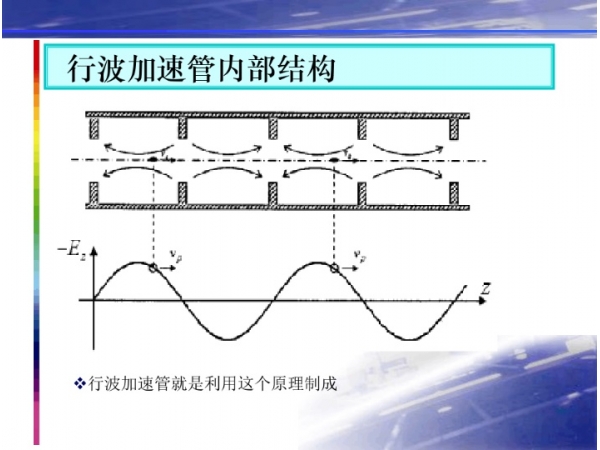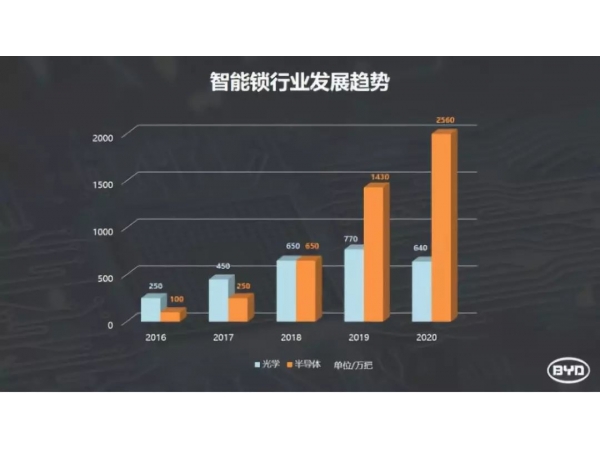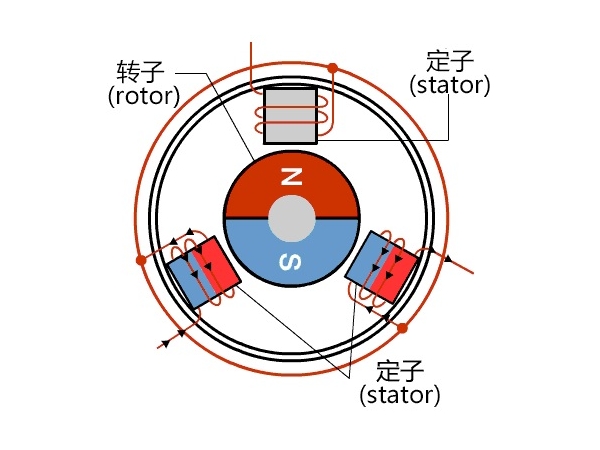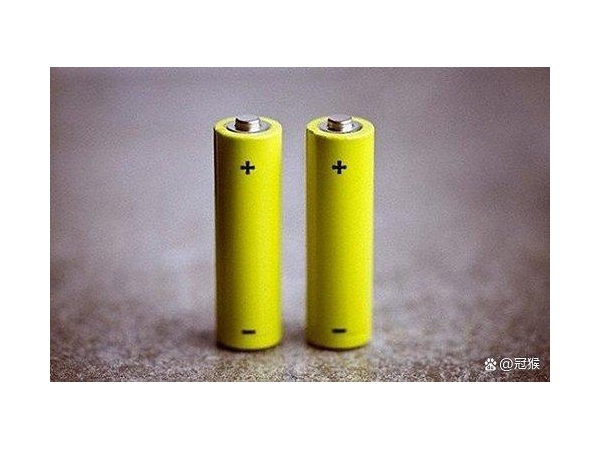-
What are the characteristics of analog signals and digital signals?
Analog signals and digital signals are two different types of signals that have different characteristics in many ways. Here is a comparison of their main featu...
See More
-
Digital power amplifier and analog power amplifier advantages and disadvantages
The basic circuit of the "digital power amplifier" is the long-existing Class D amplifier (called Class D amplifier in China). Previously, due to price and tech...
See More
-
This section describes basic parameters of the lithium battery
This is one of the parameters that people care about. Battery capacity is one of the important performance indicators to measure battery performance, it indicat...
See More
-
The use and difference between pull-up and pull-down resistors
What is a pull-up resistor? Pull-up resistance and pull-down resistance are resistance components, the so-called pull-up resistance is connected to the positive...
See More
-
What is a differential signal? Difference between differential signal and single...
Differential transmission is a signal transmission technology, different from the traditional approach of one signal line and one ground line (single-ended sign...
See More
-
There are advantages and disadvantages of brush motor and brushless motor
Brush motors, also known as DC motors, work on the principle that the rotor inside the motor produces rotating motion through the force of the current in the ma...
See More
-
The difference between NMOS, PMOS and triode
A MOS Transistor is a type of Field-Effect transistor (FET), whose name is derived from Metal-Oxide-Semiconductor. MOS tubes include two types: NMOS (N-Channel ...
See More
-
CCM mode and DCM mode of Boost circuit
The Boost circuit can operate in current discontinuous mode (DCM) and current continuous mode (CCM). CCM working mode is suitable for high-power output circuit,...
See More
-
Influence of power amplifier on sound quality
The power amplifier is a part of the sound system, which has an important influence on the sound quality. The power amplifier is the device that amplifies the a...
See More
-
Causes and solutions of MOS tube breakdown
mos transistors are metal-oxide-semiconductor field-effect transistors, or metal-insulator (insulator) -semiconductors. The source and drain of MOS tube can be ...
See More
-
Design of Texas Instruments HD audio system
In response to customer demand for top audio quality, audio system designers are looking into high-resolution or high-definition (HD) audio, as more and more mi...
See More
-
The role of magnetic beads in solving EMI and EMC
(magnetic beads), like inductors, is a common device used to solve EMI and EMC problems, and its main role is to suppress high-frequency conducted interference...
See More
-
The relationship between the sampling frequency of digital power amplifier chip ...
The sound quality of digital power amplifier has been plagued by many people, the bass is good, the treble is harsh, in fact, it is true that we have found this...
See More
-
What is low-power design? Is low power design necessary?
Low power design is a technique that aims to reduce the overall dynamic and static power consumption of a product or integrated circuit. The goal of low-power d...
See More
-
How to calculate CAN special baud rate
CAN bus adopts asynchronous serial communication, that is, there is no separate clock line to ensure the consistency of the clock between each transceiver, each...
See More
-
Characteristics and applications of traveling wave tube
Travelling-wave tube (TWT) is a microwave electron tube which realizes amplification function by continuously modulating the speed of electron beam. In the TWT,...
See More
-
Fingerprint identification chip market overview
The fingerprint recognition chip has become a hot product in the market because of the adoption of Apple‘s (iPhone) iPhone 5S, and many IC design companies hav...
See More
-
Comparison of synchronous reset and asynchronous reset
For asynchronous reset, the reset can occur at any time, on the surface, it has nothing to do with the clock, but the real situation is that asynchronous reset ...
See More
-
New ways to prevent battery insertion by mistake
As long as it is a battery-powered system, this problem has always existed: you mistakenly load the battery, and you reverse the positive and negative terminals...
See More






